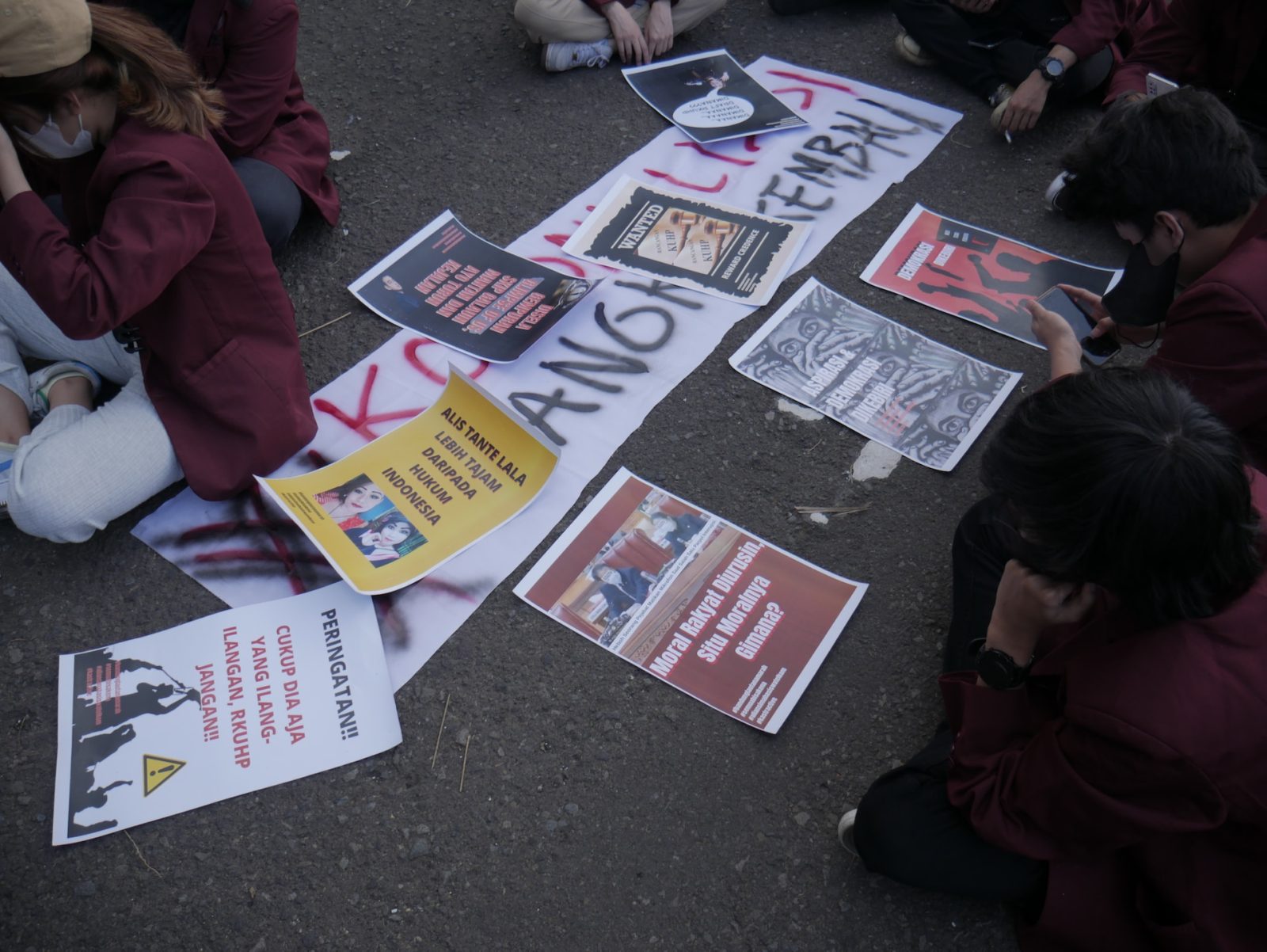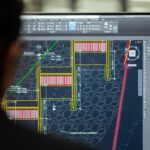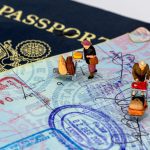UAE Politics: A Model of Stability and Modern Governance
UAE Politics: A Model of Stability and Modern Governance

UAE Politics: A Model of Stability and Modern Governance
The United Arab Emirates (UAE) is widely recognized for its impressive skyscrapers, opulent lifestyle, and rapid development. However, behind its modern façade lies a political system that combines stability with modern governance. This unique approach to politics has played a vital role in the UAE’s remarkable progress and success.
Key Features of UAE Politics
The Federation:
The UAE is a federation comprising seven emirates, each with its own ruler. These emirates are Abu Dhabi, Dubai, Sharjah, Ajman, Umm Al-Quwain, Ras Al Khaimah, and Fujairah. The system unites the emirates under a single federal government.
Hereditary Leadership:
Each emirate is led by a hereditary monarch from the ruling families. The rulers of the emirates serve as members of the Supreme Council of Rulers, which collectively selects the President and Vice President of the UAE.
The Supreme Council of Rulers:
This council is the highest federal authority in the UAE. Composed of the rulers of each emirate, the council elects the President and Vice President from among its members. The President of the UAE is also the ruler of Abu Dhabi, while the Vice President is the ruler of Dubai.
Federal Government:
The UAE has a federal government headed by a Prime Minister. The Prime Minister, nominated by the President, is responsible for the day-to-day administration of the federal government. The federal government is further divided into various ministries and departments.
Federal National Council (FNC):
The FNC is a parliamentary body in the UAE. While it doesn’t possess legislative powers, it plays a significant role in discussing and proposing federal laws and policies. The members of the FNC are representatives from each emirate.
Stability and Strategic Leadership
The political system in the UAE has been instrumental in maintaining stability and promoting strategic leadership. The nation’s leadership has played a crucial role in ensuring a secure and prosperous environment.
Visionary Leadership:
The UAE’s leaders have been at the forefront of the country’s transformation. Their visionary outlook, forward-thinking policies, and commitment to progress have catapulted the UAE onto the global stage.
Economic Prosperity:
The UAE’s political stability has created an ideal environment for economic growth and diversification. The country has moved from being predominantly oil-dependent to a diverse economy that embraces sectors like tourism, technology, finance, and manufacturing.
International Diplomacy:
UAE’s foreign policy and diplomacy have earned the nation a respected position in the international community. The country’s leaders have cultivated diplomatic relations with countries worldwide, further enhancing its global influence.
Social Development:
The political system has allowed the UAE to invest in social development. The nation has made significant strides in education, healthcare, infrastructure, and quality of life for its citizens and residents.
Modern Governance and Traditional Values
The UAE’s political system is a reflection of its commitment to modern governance while preserving its cultural heritage. Traditional values and customs are highly regarded and exist in harmony with modern political structures.
Conclusion:
UAE politics represent a distinct model that integrates modern governance with a deep respect for tradition. This model has been fundamental in ensuring stability and driving the nation’s progress and prosperity. It highlights the UAE’s dedication to its cultural heritage and its aspiration to be a significant player on the global stage.
As the UAE continues to advance and expand its influence, its political system remains an essential element of its identity and achievements. It serves as a testament to the country’s ability to harmonize tradition with progress as it journeys toward a prosperous future.













Leave a comment